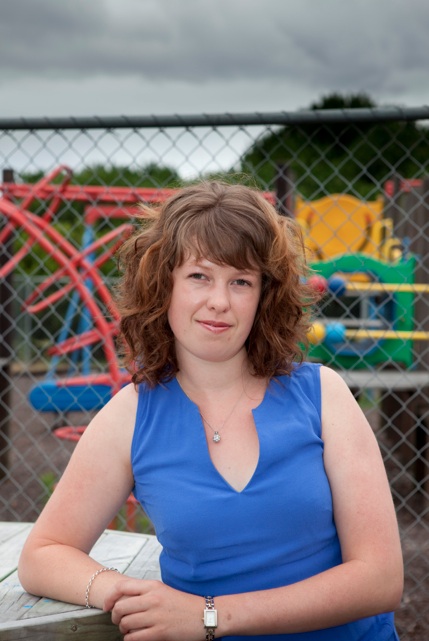UC researcher looking at post-quake anxiety in children

Anxiety still exists among Christchurch children, two years on since the earthquakes, a University of Canterbury (UC) researcher said today.
While some children remain anxious or worried about earthquakes in particular, for others, the events triggered worries about other things, UC masters student and trainee clinical psychologist Ellen Sole said.
``The issue for a number of children experiencing anxiety is that the range of symptoms of anxiety can widely interfere with their development. This includes affecting friendships, school performance and a child’s happiness,’’ she said.
``Many anxious children will have difficulties sleeping. Combining this with worries and the other difficulties anxiety can have puts a large strain on the family, sometimes negatively affecting family life.
``There is a growing body of evidence supporting the use of vitamins and minerals for the treatment of psychological and psychiatric symptoms, such as stress, mood and ADHD.
``My study is under the supervision of UC’s Associate Professor Julia Rucklidge and is exploring whether micronutrients can help Canterbury children aged eight to 11 years who are struggling with anxiety. We are looking for a small number of children who would be willing to try the vitamins and minerals for approximately two months.’’
Sole said she believed this to be the first study in the world looking at micronutrients and anxiety in children. She was hopeful micronutrients would help children in need but she would not know the final answers to her study until later this year.
Common symptoms of anxiety in children include sweating, feelings of choking or dizziness, shortness of breath, heart palpitations, being easily startled, restlessness, difficulty concentrating, headaches, stomach aches, body aches and tiredness as well as behavioural symptoms including clinginess, tantrums, withdrawing from friends and family, avoidance of places or objects, not wanting to go to school, shyness and perfectionism.
``Strain on family life includes behavioural and psychological issues. Parents often have to be close to their child for them to go to sleep. The child may experience separation anxiety when away from the parents making childcare difficult. They may try to avoid places making family outings or visits to the shops more difficult, there may be financial impact if the parent is trying numerous avenues to help their child.
``Parents can be stressed and tired themselves because they find it hard to help their child and see them unhappy. Sibling relationships can also be affected when a child is anxious. Certainly Christchurch children have had to cope with much more than a lot of children do, so we would expect that some of these children will struggle.
``While there are good psychological treatments for anxiety, it is always good to have more options available for treatment. This research hopes to provide more evidence to assist with clinical decisions.”
Information on the study can be found at the Mental Health and Nutrition Research Group - www.mentalhealthandnutrition.co.nz.
